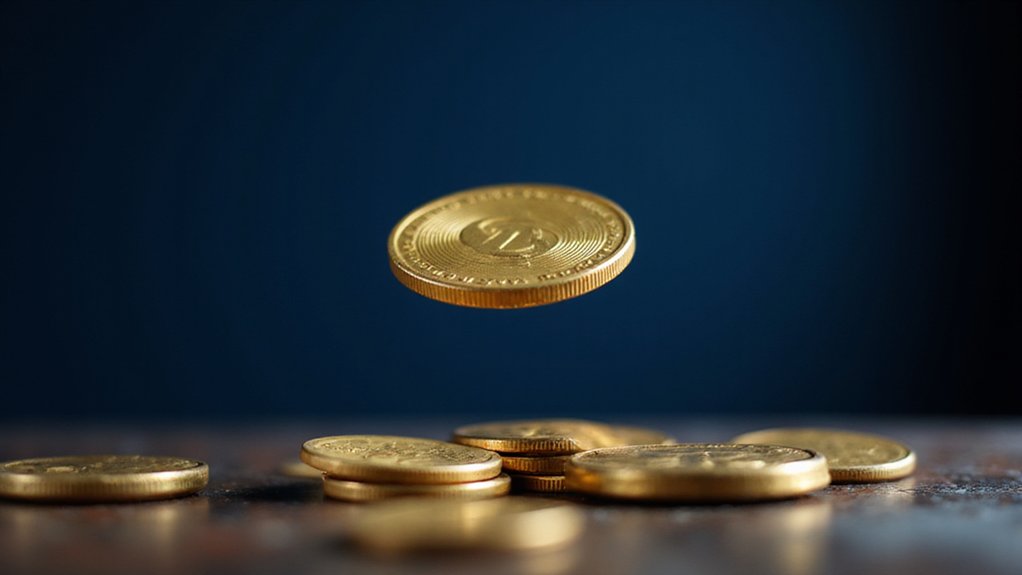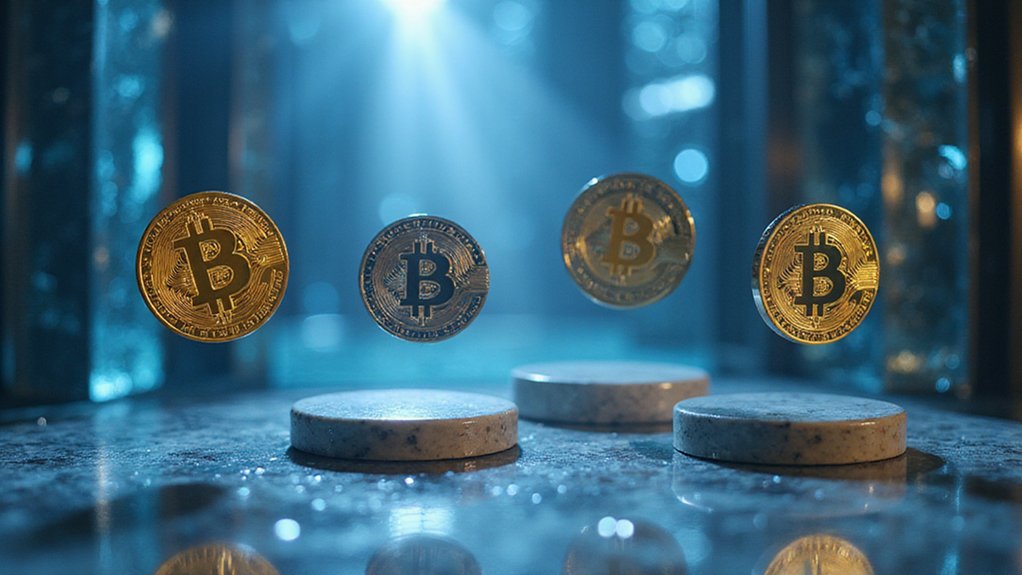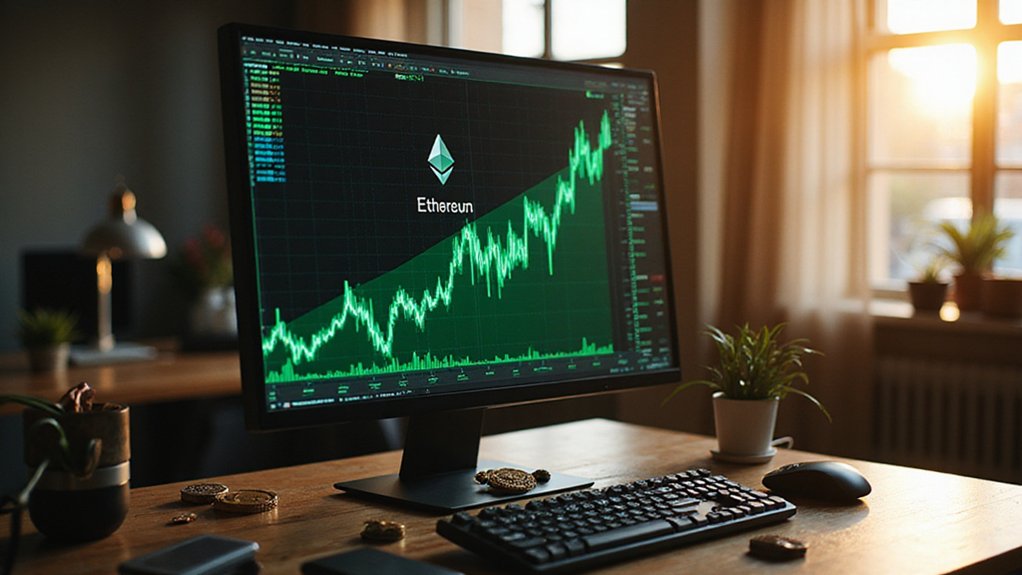While the broader cryptocurrency market experienced its latest bout of collective optimism on July 14, 2025, Filecoin (FIL) managed to distinguish itself with a respectable 5% surge—a performance that, while hardly earth-shattering in the volatile world of digital assets, nonetheless represented a meaningful breakout above established resistance levels.
The CoinDesk 20 index‘s concurrent 4% climb provided the perfect backdrop for FIL’s theatrical entrance, proving once again that even decentralized storage tokens aren’t immune to the herd mentality that governs crypto markets.
The technical choreography unfolded with textbook precision. FIL established a series of progressive higher lows around the $2.54-$2.55 support zone before mounting what can only be described as a determined assault on the $2.62-$2.63 resistance barrier.
The breakthrough occurred during Asian trading hours, suggesting that global market dynamics continue to shape FIL’s price trajectory in ways that would make traditional asset managers weep with envy (or terror).
What makes this rally particularly significant isn’t the magnitude—5% moves in crypto are about as rare as parking meters in suburbia—but rather the sustained bullish momentum that emerged from the technical breakout.
The market’s willingness to push FIL beyond established resistance levels signals a shift in sentiment that could attract both speculative traders and institutional investors seeking exposure to decentralized storage solutions. Despite the recent surge, FIL maintains its position as the No. 55 ranked cryptocurrency in the overall ecosystem.
Price forecasts for mid-2025 paint a cautiously optimistic picture, with projections ranging from $2.28 to $2.59 for July, suggesting the current rally aligns with broader expectations.
Longer-term predictions grow increasingly ambitious, with some analysts projecting FIL could reach $6.00 by 2027 and $13.30 by 2029—figures that would represent substantial returns for current holders, assuming the decentralized storage narrative maintains its appeal. As the cryptocurrency landscape continues to evolve, investors can increasingly access these digital assets through DeFi protocols without traditional banking intermediaries, eliminating the need for credit checks or institutional approval.
The synchronized uptick with broader market indices underscores FIL’s continued correlation with general crypto sentiment, even as its underlying utility proposition—decentralized data storage—remains fundamentally divorced from the speculative fervor that drives most digital asset valuations.
Such is the paradox of modern crypto markets.









